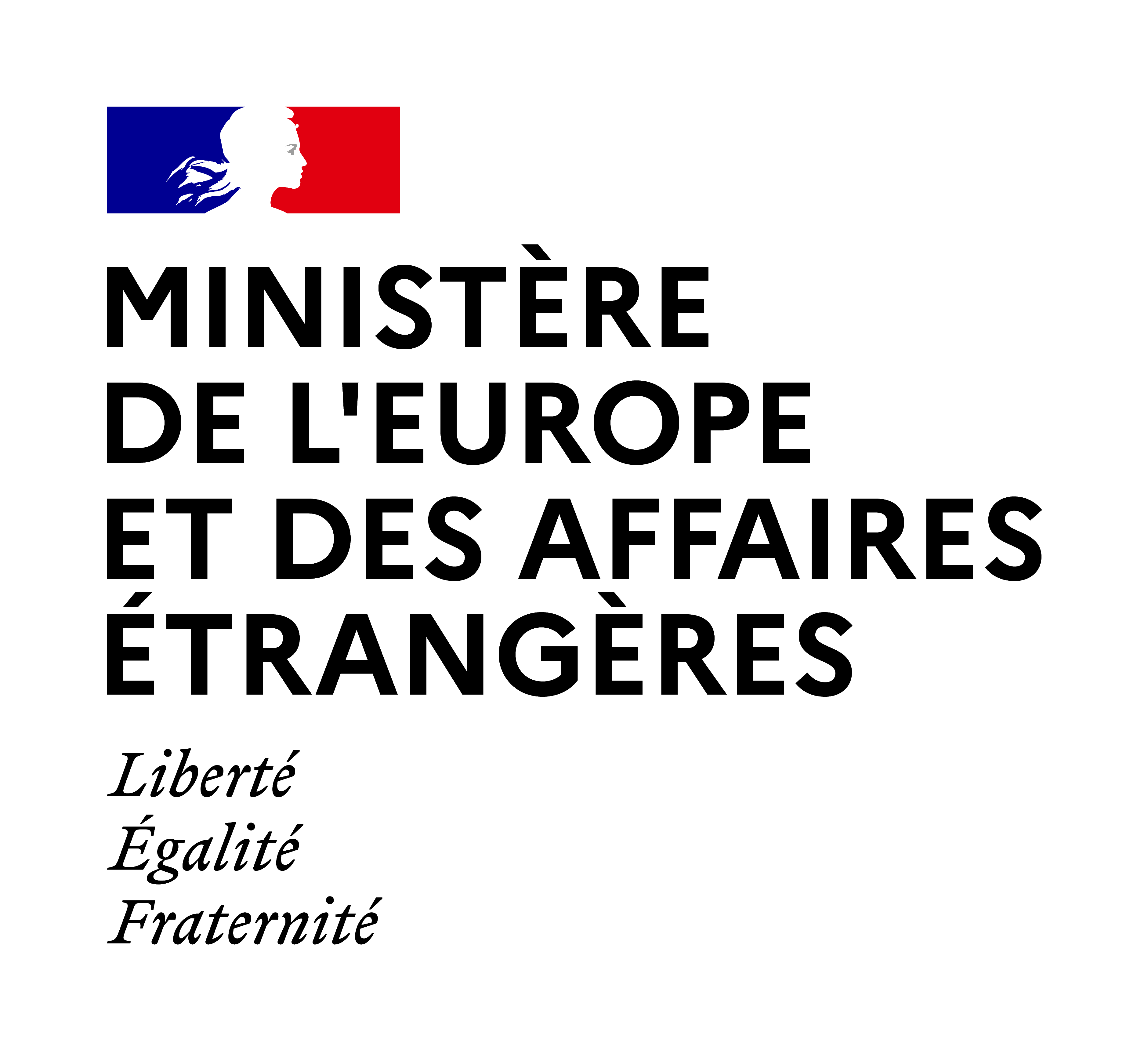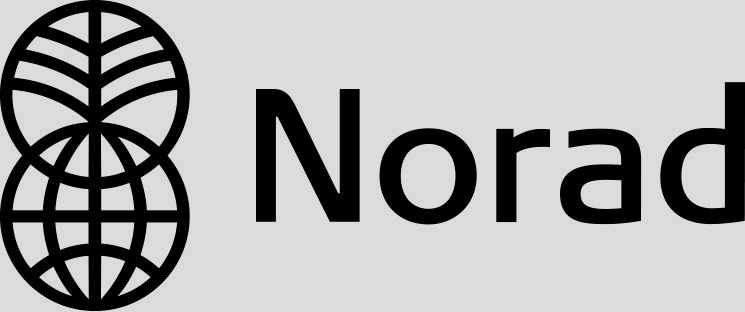Partner Organizations




Development Partners






The objective of the proposed Equatorial Guinea programmatic Public Finance Review (PFR) is to assist government in its efforts to enhance allocative and operational efficiency and non-hydrocarbon domestic revenue mobilization, rebalance the country’s asset base by investing in human capital, and improve fiscal transparency and sustainability.
The project pursues three objectives:
1. Generate rigorous evidence on what works in tax policy design, and on the link between taxes, firm dynamics and labor markets, in low and middle-income countries (LMICs), to feed into Public Finance Reviews and inform policy dialogue geared towards fostering green, resilient and inclusive development;
2. Build capacity for analytical work with microdata and embed a culture of evidence-based policy design in client countries and partner institutions;
3. Strengthen synergies between the World Bank’s operational and analytical work on tax across a heterogeneous set of countries to generate global public knowledge goods and position the Bank as the global knowledge hub on tax data analytics.
Support the government of Zimbabwe to make tax policy and tax laws more effective, evidence-based and in line with international benchmarks.
To contribute to evidence-based policy analysis and better informed debate, in both the public and private sectors, around the key challenges that Malawi will need to overcome in order to achieve high rates of stable and inclusive economic growth
The Project Development Objective (PDO) is to provide medium-term advisory, analytical, and capacity building support to six client countries in East Asia and the Pacific region to design and implement tax reforms. This objective will be achieved through a combination of analytical assessments, advisory, and technical assistance (TA).
Aligned with client needs and priorities, the separate activities for each country will identify options to strengthen tax policy and administration and increase institutional capacity. Specifically, the project aims to help the authorities in 6 East Asian countries to identify DRM gaps and opportunities and to build their capacity in tax policy and administration via the proposed activities over the period July 2024 to December 2027.
To strengthen public sector governance and accountability institutions and systems in the countries of Central Asia.
The development objective is to facilitate the implementation of the revamped PFRs while continuing to close knowledge gaps and invest in new approaches for more impactful PFRs, as well as to reduce the workload of Country Economists through global support. This objective will be achieved through a combination of: i) ongoing support for the roll out of PFRs to ensure consistency with the new framework and impact; ii) Further development and updates of data, tools and guidance, in collaboration with sectoral teams and other EFI GPs as applicable; iii) Deep dives in new frontier areas, such as equity of tax policy, climate change and gender, iv) Learning Series, dissemination and training activities on use of tools.
Improve tax administration efficiency, improve transparency in expenditure management, and increase citizen access to digital services
The program development objective is to: (i) strengthen resilience of the government sector and households; (ii) strengthen the energy market framework and scale up renewable energy and energy efficiency; and (iii) protect the environment and reduce the country'scarbon footprint.
To strengthen inclusive access to and delivery of selected public services









